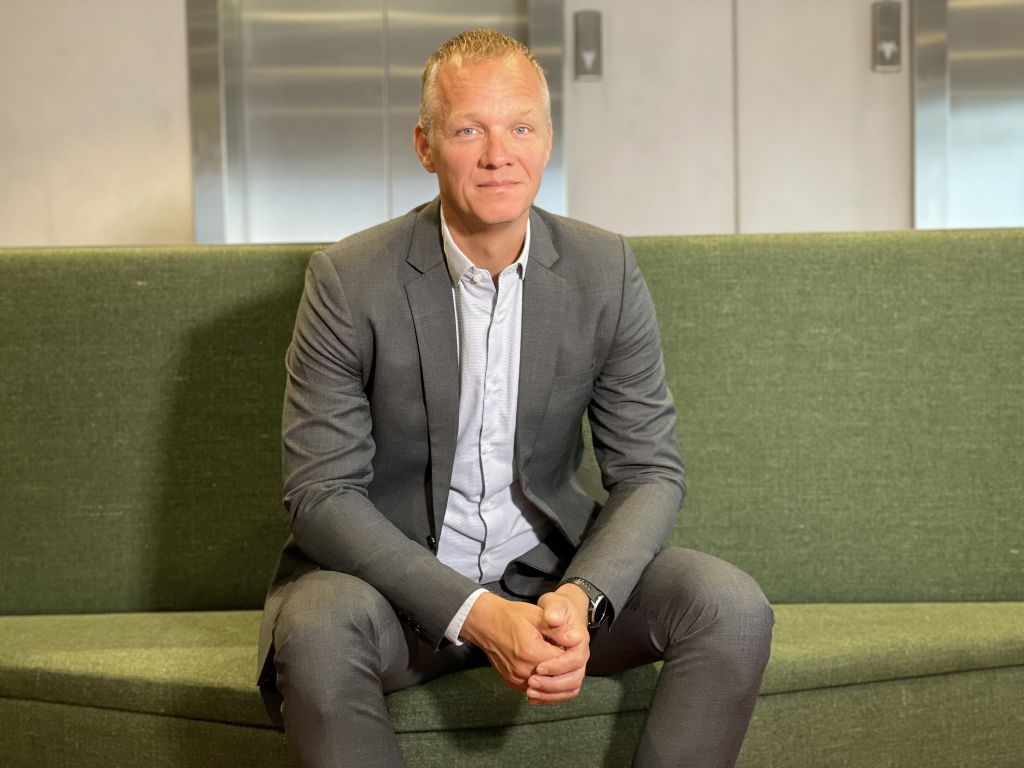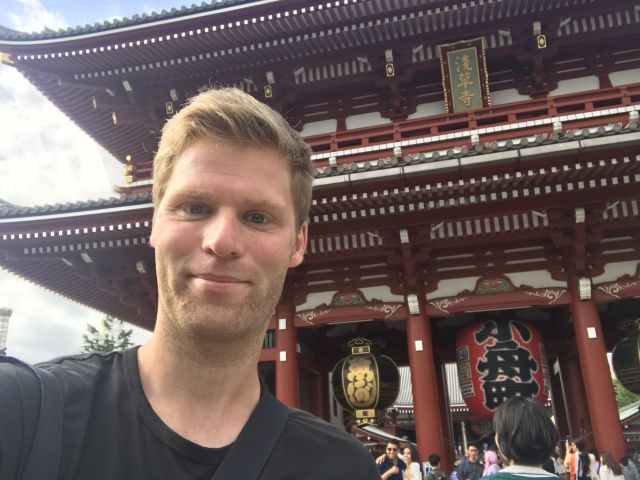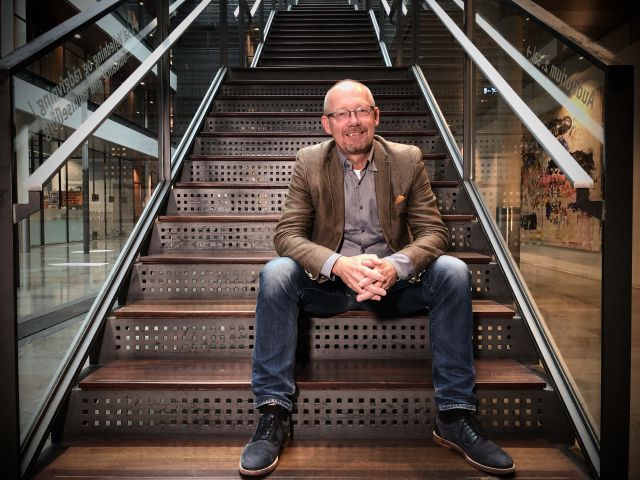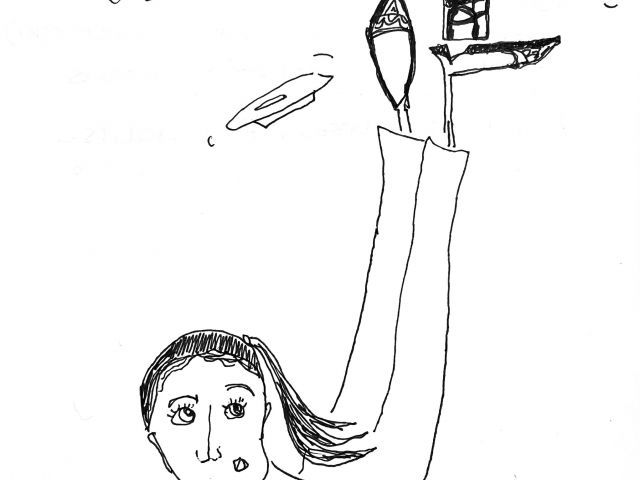New CBS minor equips students to handle current and future real-estate challenges

(Photo: Shutterstock)
Shop closures, digitalization, sustainability and property investment are among the topics and challenges tackled by a new CBS minor developed in close collaboration with the Danish Property Federation. “They asked for our help and knowledge, and it’s CBS’ duty to deliver,” says the Academic Director.
Copenhagen’s skyline today compared to just five years ago has changed tremendously. New towers, spires and high-rise blocks have shot up like mushrooms forming new districts, with cranes and construction sites reminding us of the continuous development.
And just as the city must develop to meet the needs of its inhabitants, so do the educational programs offered to professionals working in real estate. Or so the Danish Property Federation, EjendomDanmark, thought when it approached CBS last fall with a request.
“When we compare ourselves to countries like England, Sweden or Germany, we believe we have too few educational options for people working in real estate. This sector is very cross-disciplinary, and you need both technical, economic and legal understanding,” says Morten Marott Larsen, Director at the Danish Property Federation.
The Danish Property Federation asked if CBS would be interested in compiling a range of subjects available through the Master of Business Development, specifically aimed at the real estate industry.
“It’s an important industry. They face challenges relating to digitalization and shop closures while being responsible for large emissions of greenhouse gasses. So obviously, when they call on us asking for help and knowledge, it’s CBS’ duty to deliver,” says Sof Thrane, Professor with special responsibilities and Academic Director of the executive Master of Business Development.
After just under one year of dialogue about development of the program and possible subjects, CBS is launching the Minor in Real Estate, which is aimed at people who work in the industry.
The minor consists of five subjects spanning from business development to building economics and finance all tweaked to focus on real estate, including cases from the industry.
I’m sure that the students who take this minor will play a crucial role in driving developments in the sector
Morten Marott Larsen
And according to the description of the minor, students will learn how to create sustainable and attractive accommodation, workplaces and spaces in the city based on knowledge about digitalization and the green transition.
Morten Marott Larsen explains that there are a couple of educational programs at academy and bachelor’s level, but none at master’s level.
“We are dealing with a sector featuring various types of educational backgrounds, and we want the industry to be able to discuss properties at all levels. Therefore, it means a lot that CBS can offer this minor at master’s level,” he says.
Teachers become better in collaboration with practitioners
Sof Thrane explains that CBS does not have many industry-specific programs, but it makes plenty of sense to offer them.
“A lot of our bachelor’s and master of science programs are not industry specific. Of course, we have some programs, like the cand.merc.aud and bachelor in shipping, but most programs taught at CBS are not directed at certain industries. But offering specific minors and programs to practitioners makes us, as an institution, more knowledgeable about what is going on in those sectors, and it keeps us relevant,” says Sof Thrane.

Professor MSO Sof Thrane is in charge of the new Minor in Real Estate, which will launch later this autumn. (Photo: Anne Thora Lykkegaard)
Offering courses, minors and degrees to practitioners demands a different capability set from the teachers.
“You cannot do a four-hour lecture for practitioners as you would for regular students. They want more engagement, and that’s something the teachers focus on in their teaching, however, they also improve their skills in conducting engaging teaching through teaching at executive programs,” says Sof Thrane and continues:
“While teachers at these types of programs go to great length in generating a relevant curriculum, they, nonetheless, obtain a sort of reality check through the teaching. Does their research correlate with what is actually happening in the industry? Or should new themse be added to the curriculum? The teachers become better teachers, also for daytime students, when they interact with practitioners.”
Morten Marott Larsen hopes that the new minor will create value for both the industry and society at large.
“I’m sure that the students who take this minor will play a crucial role in driving developments in the sector, which will be valuable for society at large,” he says.
Asked whether CBS will start offering more industry-specific master’s or minors, Sof Thrane says:
“Well, there are many areas where CBS could offer relevant education. But now we are just launching this minor and another program focused on life science and have already one within finance, so I think we’ll do that for starters. But, of course, if other sectors approach us with interesting ideas, we’re more than happy to talk to them.”





































































































































Comments